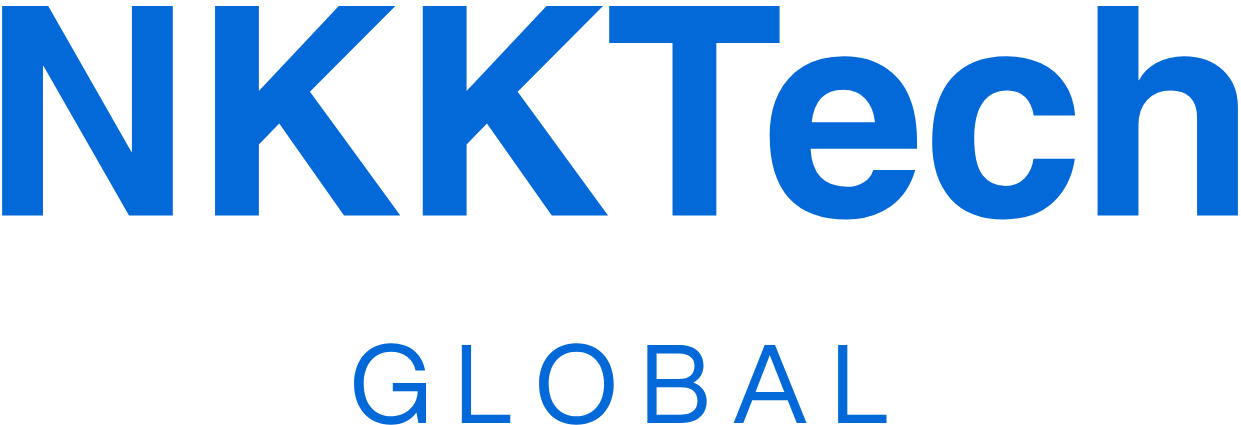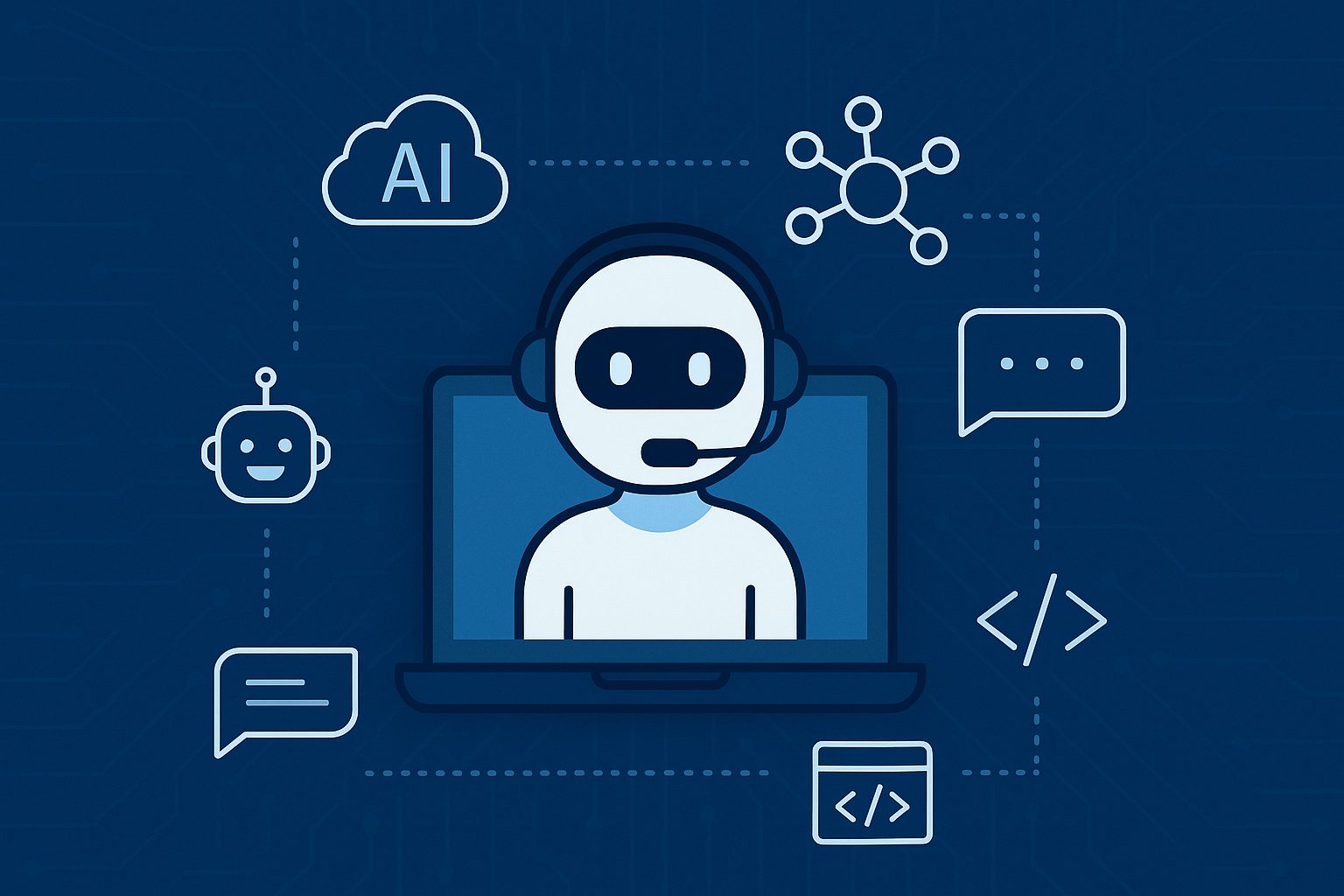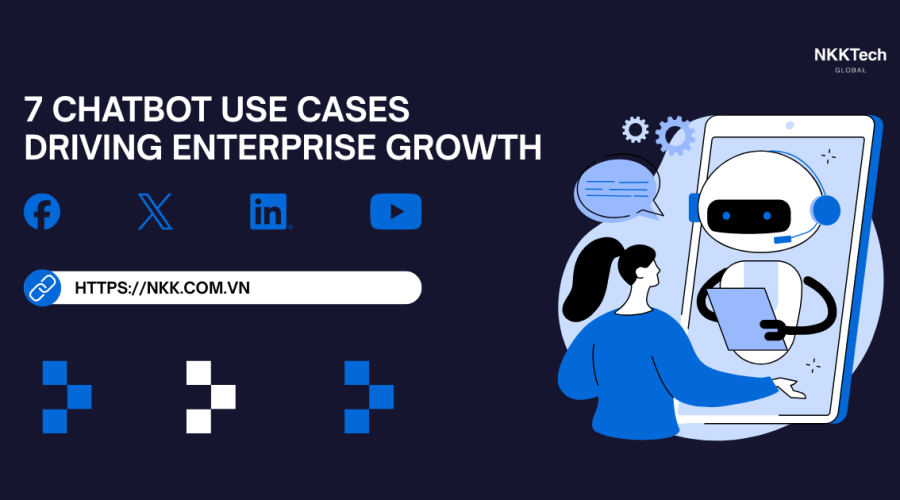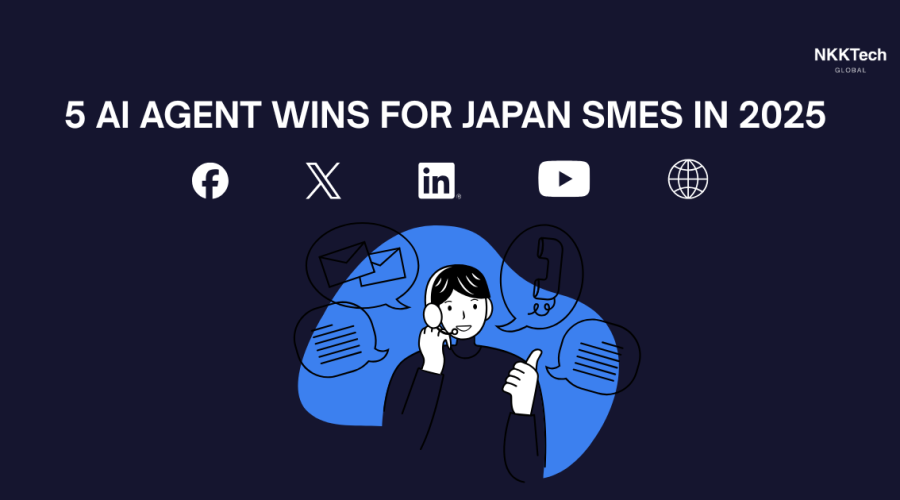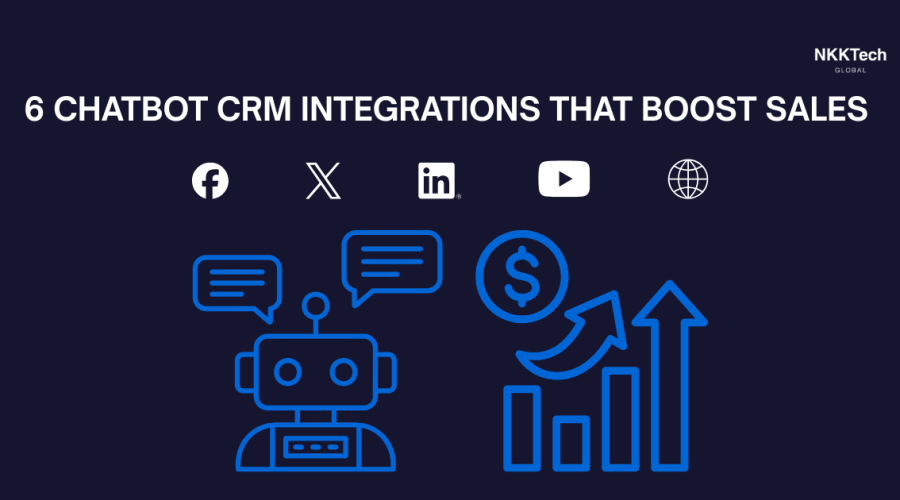Introduction
In recent years, AI Chatbot Development has become a crucial trend for enterprises aiming to optimize customer service, boost operational efficiency, and create intelligent user interactions. However, developing chatbots in Vietnamese presents unique challenges compared to other languages. This article explores these difficulties in detail and highlights how NKKTech Global – a pioneering AI company – delivers effective solutions.
1. Language Challenges
Vietnamese is a tonal, monosyllabic language with many variations. A single word can have multiple meanings depending on context. For example, “đánh” may mean “to play cards,” “to evaluate,” or “to fight.” This creates significant challenges for NLP (Natural Language Processing) models in interpreting user intent accurately.
Moreover, regional dialects, abbreviations, slang, and informal writing styles in chat further complicate the chatbot development process.
2. Training Data Limitations
One of the biggest barriers in developing Vietnamese chatbots is the lack of high-quality training data. Unlike English, which has massive datasets, Vietnamese data is fragmented, less standardized, and limited in contextual diversity.
This makes it harder for AI models to achieve high accuracy, often resulting in misinterpretations or irrelevant responses.
3. Context and Ambiguity
Understanding context is critical to delivering natural conversations. For example, when a user asks, “How much does it cost?”, the chatbot must identify which product or service is being referred to. Many chatbot systems still struggle with maintaining long conversational contexts.
Additionally, Vietnamese contains many ambiguous words that require precise contextual analysis to provide accurate responses.
4. Integration and Security
A successful AI chatbot must integrate with enterprise systems such as CRM, ERP, or databases to deliver real-time, accurate information. However, this integration introduces challenges related to data security, customer privacy, and scalability.
Enterprises must balance performance optimization with robust data protection, especially given increasingly strict data security regulations.
5. User Experience and Personalization
Vietnamese users expect chatbots to be fast, friendly, and aligned with local communication styles. Personalized interactions – such as using the user’s name or suggesting products based on purchase history – are crucial for customer retention.
Yet, personalization requires advanced data processing and AI behavior analysis, which can be challenging for small and medium-sized enterprises.
6. Solutions from NKKTech Global
NKKTech Global provides tailored solutions to overcome these challenges in AI Chatbot Development for Vietnamese:
- Custom NLP models: Trained on enterprise-specific data for accurate context and domain understanding.
- Standardized data repositories: Curated and cleaned Vietnamese datasets to improve model accuracy.
- Multi-system integration: Seamless connection with CRM, ERP, and e-commerce platforms.
- Advanced security: Encryption and multi-layer authentication ensure customer data safety.
- Smart personalization: AI-driven behavior analysis for personalized recommendations and experiences.
Conclusion
Developing Vietnamese AI chatbots offers immense potential but comes with challenges in language processing, data availability, context management, security, and user experience. With proven expertise and advanced technology, NKKTech Global demonstrates that enterprises can implement intelligent, efficient, and customer-friendly chatbots.
In today’s competitive environment, companies adopting AI Chatbot Development early will gain a strong competitive advantage by reducing costs and enhancing customer satisfaction.
